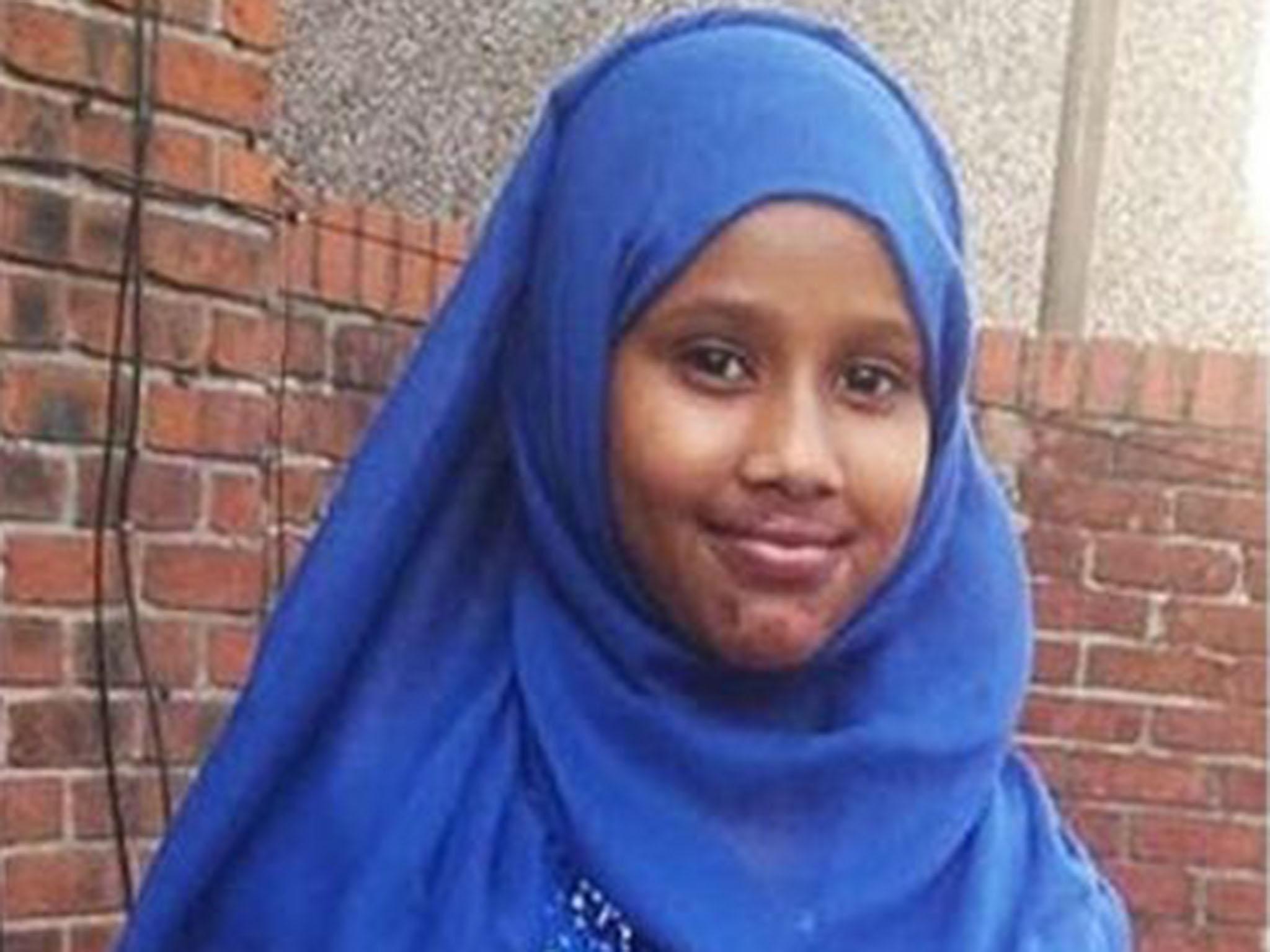The death of Shukri Yahya Abdi should have sparked resistance against the brutal bullying refugee children face at school
Whatever happened that day in the river, Abdi, and students like her, deserve more support. The UK needs to be much more proactive in tackling prejudice


Your support helps us to tell the story
From reproductive rights to climate change to Big Tech, The Independent is on the ground when the story is developing. Whether it's investigating the financials of Elon Musk's pro-Trump PAC or producing our latest documentary, 'The A Word', which shines a light on the American women fighting for reproductive rights, we know how important it is to parse out the facts from the messaging.
At such a critical moment in US history, we need reporters on the ground. Your donation allows us to keep sending journalists to speak to both sides of the story.
The Independent is trusted by Americans across the entire political spectrum. And unlike many other quality news outlets, we choose not to lock Americans out of our reporting and analysis with paywalls. We believe quality journalism should be available to everyone, paid for by those who can afford it.
Your support makes all the difference.The death of Shukri Yahya Abdi, a 12-year-old Somali refugee shocked an entire community when news first emerged. Abdi, described by her mother as “a quiet” but “optimistic” girl, drowned in the River Irwell in Greater Manchester, according to Greater Manchester Police, who are not treating the case as suspicious.
Although this death was a tragic accident, it has sparked an important conversation about the lives of refugees in the UK. There are still a number of concerns surrounding the case – including the fact that Abdi’s family claim that the young refugee was being bullied at her school and believe they’re being “denied the truth” about the last weeks of her life.
Abdi’s family fled to the UK from Somalia more than two years ago for a better life. In a video posted on Twitter Zamzam Canab Ture, Abdi’s mother, said: “If the rights we came to the country for exist, I want something done”.
It’s worrying that Abdi’s alleged bullies were children themselves. No one is born a racist or a bully, these are learned behaviours, so there is every chance that these kids picked up their attitudes and behaviours from school or their community. It wouldn’t exactly be a surprise. As far as I’m concerned, rather than being treated with the respect all humans deserve, refugees are treated as second class citizens in this country.
Similar cases, such as the attack against a Syrian refugee by fellow students from a school in Huddersfield last year, point to a worsening climate of hostility to those who have only ever sought to live in safety. Even more disappointing is the fact that Abdi’s death has only received more media coverage in recent days because of combined community and family activism, rather than widespread public outcry. Clearly, society is largely indifferent towards the wellbeing of refugees.
The entire situation is devastating. At the moment, it seems as though Abdi’s family (alongside members of the community) are doing more to raise awareness about the far-reaching implications of subjecting refugee students to bullying than we are as a collective. But considering the rising numbers in the amount of displaced people making perilous trips in order to find security and stability, the need to tackle these double standards is more urgent than ever.
There’s an idea that refugees should be “grateful” to be here in the UK and in truth, yes – refugees should be grateful to now have a chance at a better and more peaceful life. But this gratitude does not mean they have to “shut up and put up” with racist vitriol, and be met with even worse treatment.
It must be unimaginably heart-breaking to flee your own country because of civil strife only to be bullied in your new home. This all boils down to a lack of education and fear-mongering from the far right. It's imperative that we tackle these attitudes in schools from an early age.
There are dangerous attitudes towards immigrants and refugees in the UK and globally. You only have to look at Donald Trump’s latest tweets to see that too often, they are made to look like opportunists rather than legitimate asylum seekers.
Abdi’s case is a prime example of the fact that the UK needs a two-pronged approach to dealing with prejudice. We need to educate the youth on immigration and racism. Whatever happened that day in the river, Abdi, and students like her, deserve more support. We need better and more effective preventative measures as well as anti-bullying policies, which, thankfully, Broad Oak, Abdi’s school, have vowed to focus on.
However, educational campaigns beyond Broad Oak are also needed to combat any long-existing xenophobia surrounding refugees. One of the ways we can do that is by focusing on behavioural insights and social marketing (such as ad campaigns) to promote inclusivity as well as simply cracking down on cases of racist abuse to ensure that refugees like Abdi really do see the best the UK has to offer.
Join our commenting forum
Join thought-provoking conversations, follow other Independent readers and see their replies
Comments